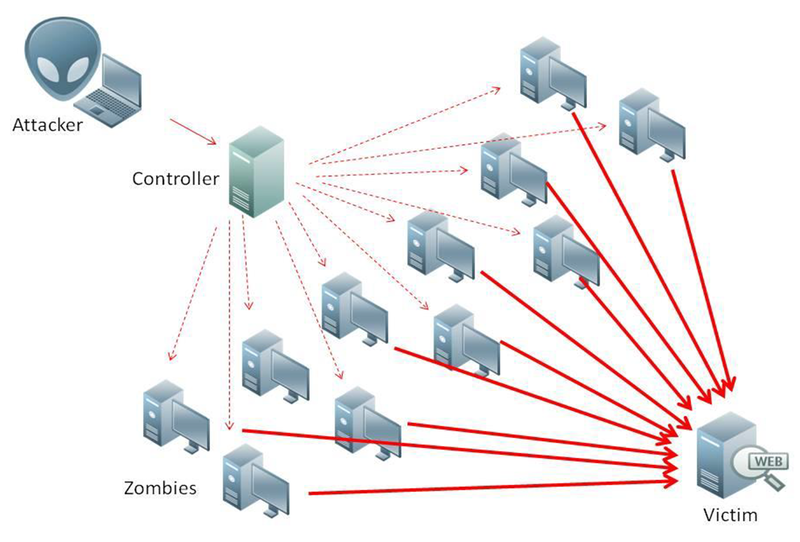
Wikipedia was offline across several countries in Europe and the Middle East Friday after the popular online encyclopedia was targeted in a distributed denial of service attack.
The Wikimedia Foundation Inc., the non-profit organization that runs Wikipedia did not go into a lot of details about the attack but implied that the attack may have been a politically motivated takedown to deny access to the site.
“We condemn these sorts of attacks,” the Wikimedia Foundation said in a statement. “They’re not just about taking Wikipedia offline. Takedown attacks threaten everyone’s fundamental rights to freely access and share information. We in the Wikimedia movement and Foundation are committed to protecting these rights for everyone.”
Wikipedia was down in the U.K., Poland, France, Germany and Italy as well as Turkey through Friday night local time. There are some unconfirmed reports that Wikipedia also experienced outages in the United States and Australia as well, at least briefly.
Confirmed: Wikipedia is experiencing intermittent global outages for the second time today; disruptions affecting all language editions of the online encyclopedia began 6:00 p.m. UTC; incident ongoing 📉
📰 https://t.co/OyuN6MwxIH pic.twitter.com/ov83LExCs5
— NetBlocks.org (@netblocks) September 6, 2019
A DDoS attack is an attempt to disrupt access to a server by overwhelming it with internet traffic. Likened to an internet traffic jam, a typical DDoS attack utilizes compromised computer systems to flood a targeted server with traffic resulting in the site slowing down or completely going offline, denying access to legitimate users.
Wikipedia was still struggling to restore services as of Saturday afternoon according to some reports.
Discussing the news, Marc Wilczek, chief operating officer of German DDoS protection firm Link11 told SiliconANGLE that “the attack shows just how damaging a targeted DDoS campaign can be to an organization.”
Referencing Link11s second quarter 2019 DDoS report, Wilczek noted that DDoS showed a 97% year-on-year increase in average attack bandwidths, up from 3.3Gbps in the second quarter of 2018 to 6.6Gbps in Q2 2019. Peak attack volumes are also said to have increased by 25% to nearly 200Gbps “which would overwhelm almost any online operation.”
“With DDoS-for-hire services offering attacks of between 10 and 100 Gbps to anyone for a modest fee, businesses that rely on their web presence need to deploy DDoS protection solutions that block attacks in the cloud, so that their critical online services can continue to operate without being disrupted,” Wilczek added.
Image: Nasanbuyn/Wikimedia Commons
Since you’re here …
… We’d like to tell you about our mission and how you can help us fulfill it. SiliconANGLE Media Inc.’s business model is based on the intrinsic value of the content, not advertising. Unlike many online publications, we don’t have a paywall or run banner advertising, because we want to keep our journalism open, without influence or the need to chase traffic.The journalism, reporting and commentary on SiliconANGLE — along with live, unscripted video from our Silicon Valley studio and globe-trotting video teams at theCUBE — take a lot of hard work, time and money. Keeping the quality high requires the support of sponsors who are aligned with our vision of ad-free journalism content.
If you like the reporting, video interviews and other ad-free content here, please take a moment to check out a sample of the video content supported by our sponsors, tweet your support, and keep coming back to SiliconANGLE.